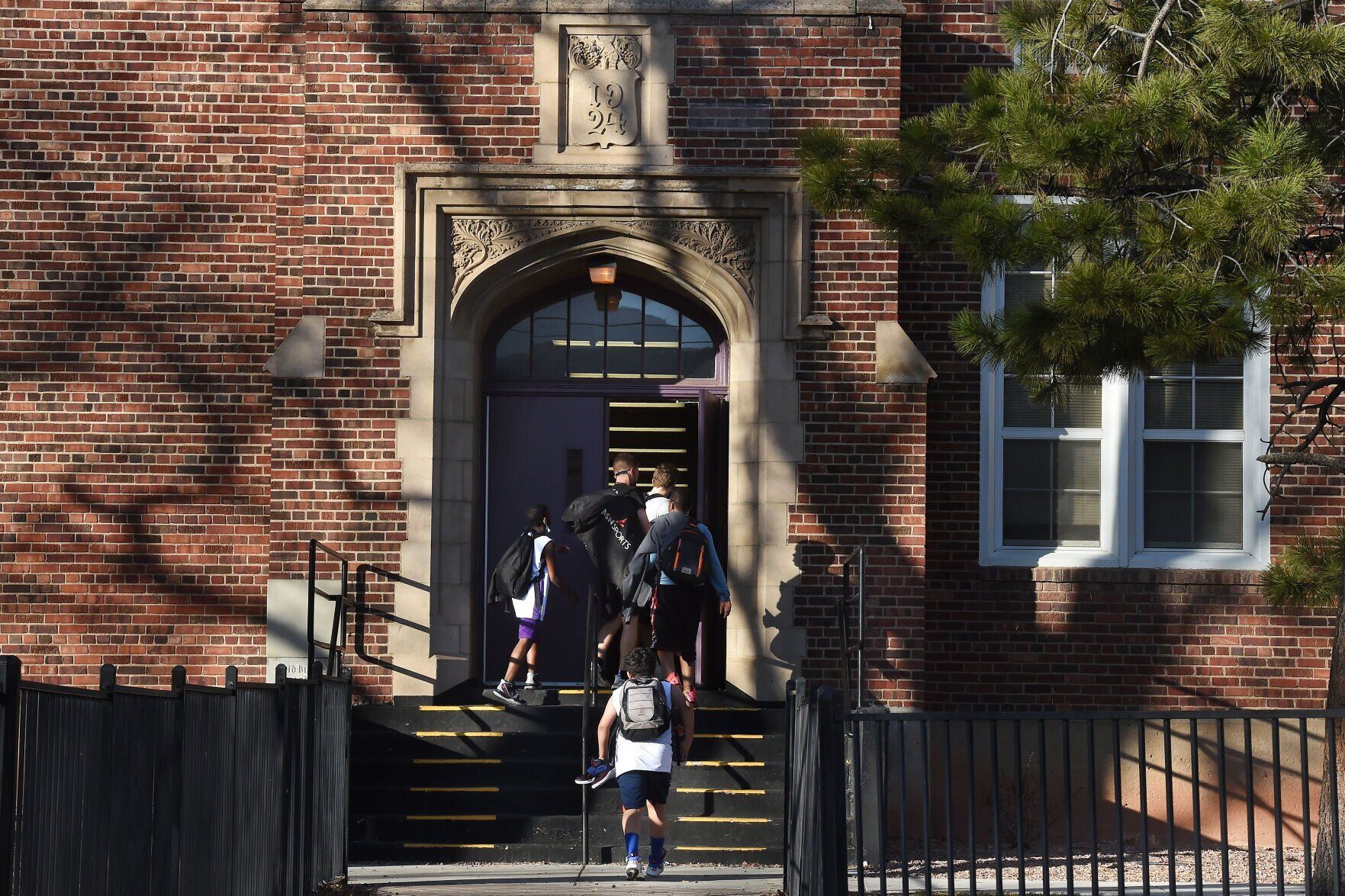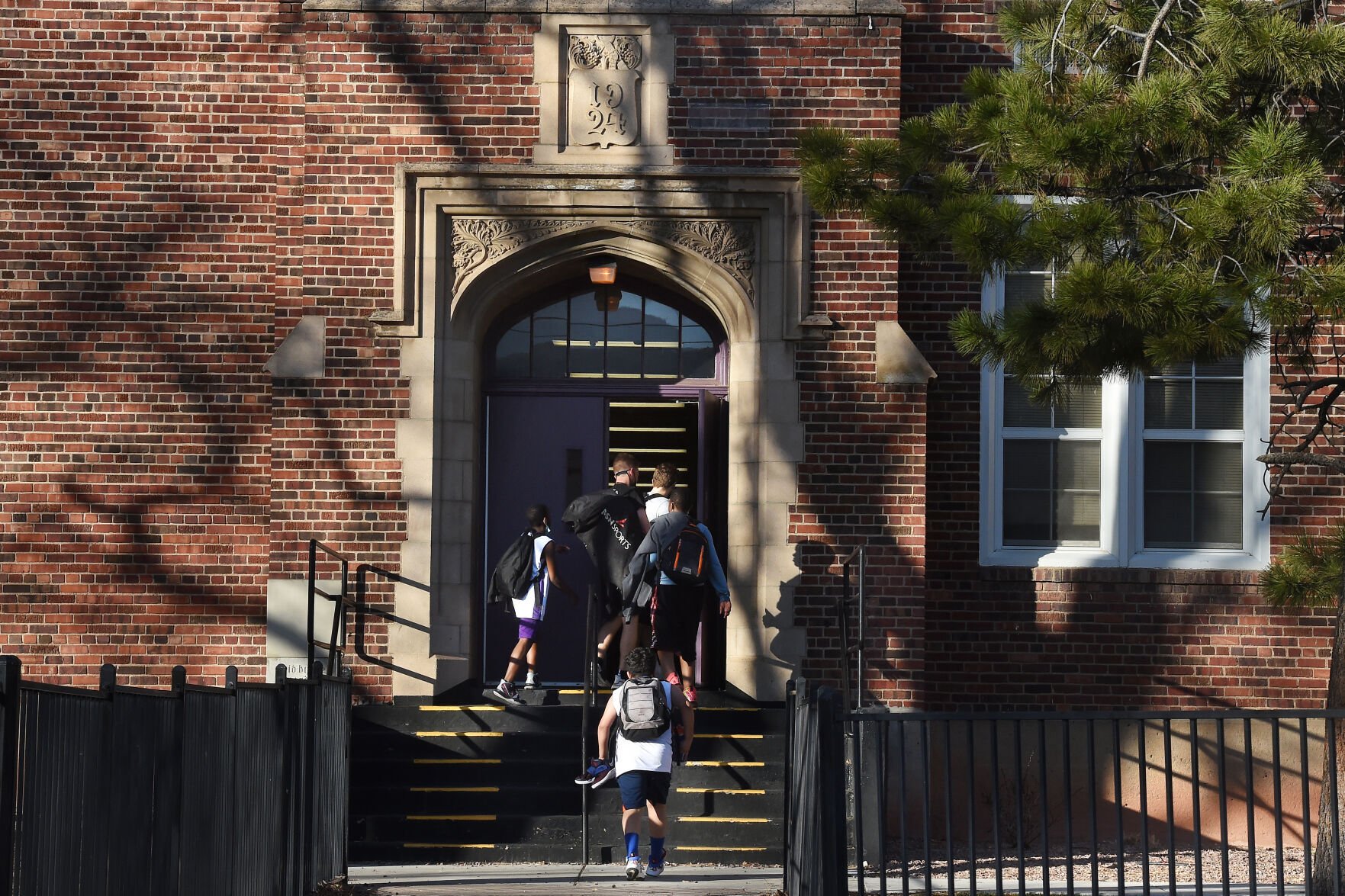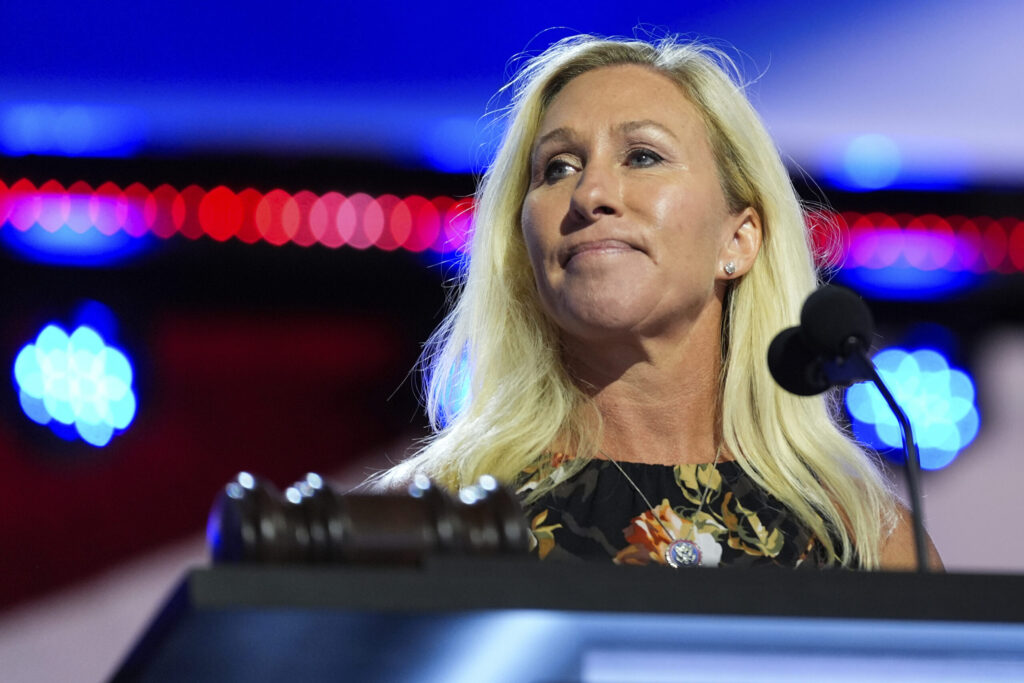Proposal advances for mental health screenings in Colorado middle, high schools

Colorado school districts could soon offer mental health screenings to sixth through 12th graders – if a bill passed by the state House is enacted.
House Bill 1003 would create a mental health assessment program for Colorado middle and high school students, allowing schools to opt-in to identify mental health concerns and refer students to support programs.
The bill would also indefinitely continue the “I Matter” program, currently set to expire in June 2024. The program, created by House Bill 21-1258, provides free mental health screenings and six free therapy sessions to youth across the state.
“We’ve connected over 5,000 Colorado kids with free therapy sessions since the implementation of our ‘I Matter’ program in the fall of 2022,” said bill sponsor Rep. Dafna Michaelson Jenet, D-Commerce City. “This year’s bill aims to identify more adolescents who need this resource to prevent youth mental health issues from escalating to the point of seeking medical help.”
The House voted 43-19 on Monday to advance the bill, sending it to the Senate for further consideration.
While the bill received near unanimous support from Democrats, all Republican representatives voted against it. One Democrat – Rep. Bob Marshall of Highlands Ranch – also opposed the legislation.
Opponents criticized the bill for allowing students 12 years old and older to participate in the school mental health screening against their parents’ wishes.
Under the bill, schools must notify parents of the mental health screening and explain when and why it is taking place. Parents would have the option to opt their child out of participating, but students over 12 could still choose to partake. Bill sponsors said this is because current law already allows children 12 and over to access psychotherapy services without parental consent.
“It’s a real violation of parental rights,” said Rep. Brandi Bradley, R-Littleton. “We’re heading down a very, very bad path when we take parent consent out of any bill. … When does a 12-year-old get to decide when they’re mentally competent to do x, y and z?”
Republicans introduced several amendments trying to change this portion of the bill, including efforts to require parental notification if a child takes the mental health screening and to raise the age that a child can opt-in for the screening from 12 to 18, and from 12 to 16. The amendments failed.
Under the bill, parents are informed if a student is deemed to be in danger. If the mental health screening finds that a student is at-risk of attempting suicide, self-harm, harming others or is in crisis, the student’s parents and school would be notified, and the family could be connected to treatment options, such as the “I Matter” program.
However, opponents argued that not requiring parental approval for students to take the screening would lead to more kids choosing not to tell their parents when they’re struggling.
“We are circumventing what would otherwise be an opportunity for building healthy families, building healthy relationships,” said Rep. Stephanie Luck, R-Penrose. “Do we want to have whole and healed families? Do we want parents who are actively involved? Do we want kids who have support systems in their homes, as well as in their communities?”
Proponents of the bill said giving parents full control over whether their children receive mental health care is simply not working.
In Colorado, 7.2% of students have attempted suicide in the last year, 17.1% seriously considered suicide and 20.3% purposely harmed themselves, according to the most recent state survey from 2021. Nearly 40% of students felt sad or hopeless for weeks straight and nearly 50% felt stressed daily.
The survey also found that 26.5% of students said they do not have an adult to go to for help with serious problems.
Rep. Lorena Garcia, D-Adams County, said parental limitations and stigma are some of the reasons why only around 20% of children with mental, emotional and behavioral disorders receive specialized care nationally.
“We need to tear down every barrier that exists for young people to access mental health services,” Garcia said. “Young people know when they need help, young people know when they need support, and young people should be trusted to access that support when they need it and not have to go through continuous, repetitive permission that could be denied.”
“This is not an attack on parental rights,” she added. “This is a step in ensuring the health and safety of our children.”
The bill will face a Senate vote in the coming weeks.














